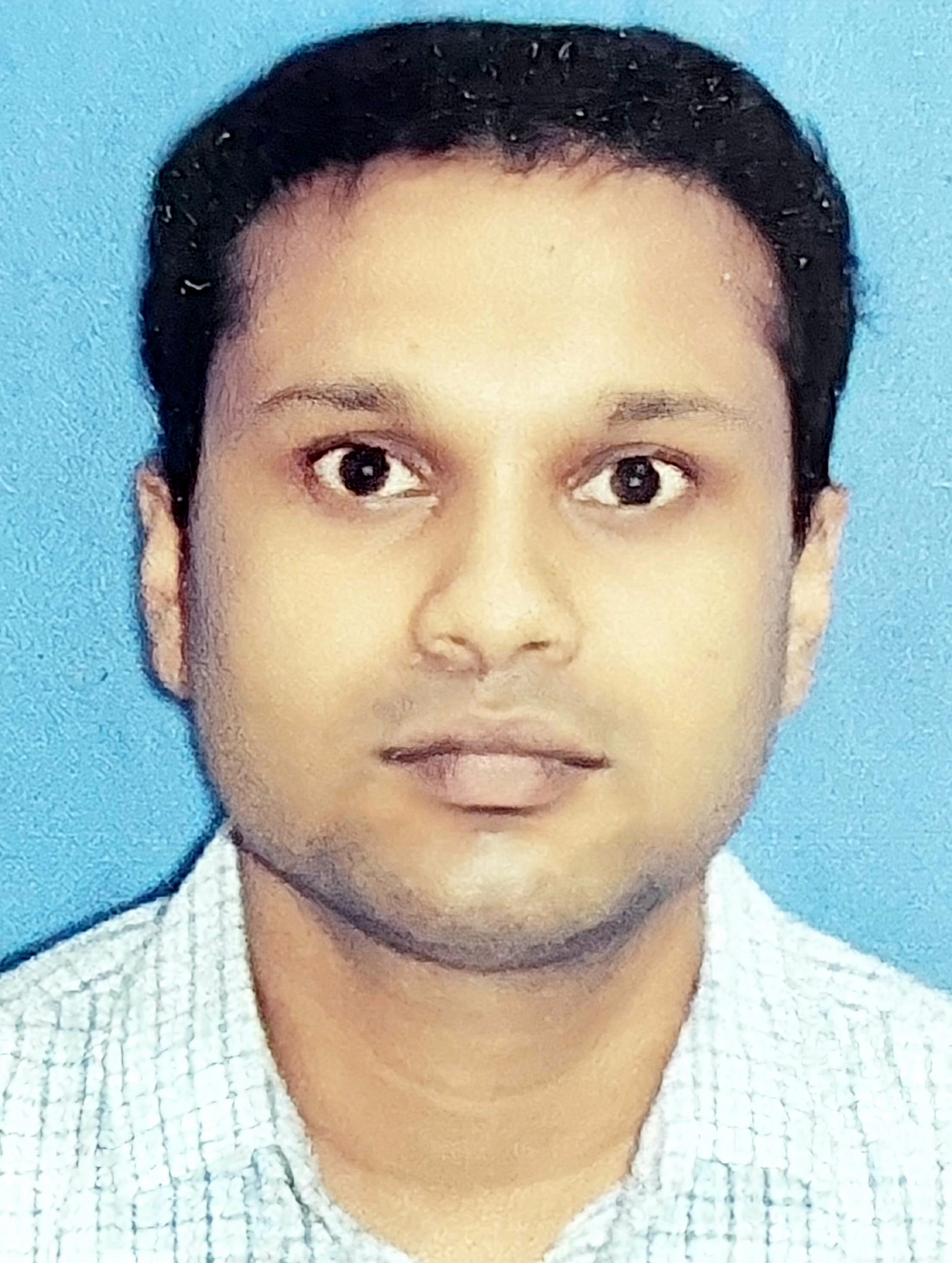
Last Updated:
From IIT-Kanpur to Gödel Prize: Eshan Chattopadhyay’s work reshapes randomness and complexity theory.
Eshan Chattopadhyay, Indian-origin computer scientist and Cornell associate professor, has won the 2025 Gödel Prize for groundbreaking research in randomness extraction, a key area in cryptography and secure computing. (IMAGE: CORNELL UNIVERSITY)
Eshan Chattopadhyay, an Indian-origin computer scientist and associate professor at Cornell University, has won the 2025 Gödel Prize. The Gödel Prize is one of the top honours in theoretical computer science.
He shares the award with David Zuckerman of the University of Texas at Austin for a groundbreaking paper that tackles a long-standing challenge in computing: how to generate high-quality randomness from unreliable or weak sources.
The research paper, titled “Explicit Two-Source Extractors and Resilient Functions”, was first presented in 2016 at the ACM Symposium on Theory of Computing, where it won the Best Paper award and was later published in the Annals of Mathematics in 2019.
Chattopadhyay’s work dives into randomness extraction, a crucial area in computer science and cryptography. One may think of it like this: if one had two rigged coins, this method would still find a way to give them fair, unpredictable outcomes.
Though it might sound abstract to the uninitiated, its real-world impact is massive. Good randomness is the foundation of everything from secure communications and encryption to complex algorithms and data privacy. Without it, modern digital infrastructure becomes fragile. The paper’s ideas have helped reshape how researchers approach pseudo-randomness, complexity theory and secure system design.
Chattopadhyay, who did his BTech from IIT-Kanpur in 2011 and PhD from the University of Texas, has also held prestigious research positions at the Institute for Advanced Study in Princeton and the Simons Institute in Berkeley. Reacting to the award, he told Cornell it felt “surreal and gratifying” to see his work recognised on such a global stage, as reported by LiveMint.
The Gödel Prize is named after Kurt Gödel, the Austrian-American logician whose incompleteness theorems in the 1930s revolutionised mathematics and formal logic by showing that no consistent system of axioms can prove all truths about the arithmetic of natural numbers. His work laid the foundations for much of theoretical computer science.
The prize is jointly awarded by Special Interest Group on Algorithms and Computation Theory (ACM SIGACT) and the European Association for Theoretical Computer Science. The prize includes a $5,000 award.
It recognises papers that have made lasting contributions to the field, both in theory and long-term relevance.

Shankhyaneel Sarkar is a senior subeditor at News18. He covers international affairs, where he focuses on breaking news to in-depth analyses. He has over five years of experience during which he has covered sev…Read More
Shankhyaneel Sarkar is a senior subeditor at News18. He covers international affairs, where he focuses on breaking news to in-depth analyses. He has over five years of experience during which he has covered sev… Read More
- First Published:








